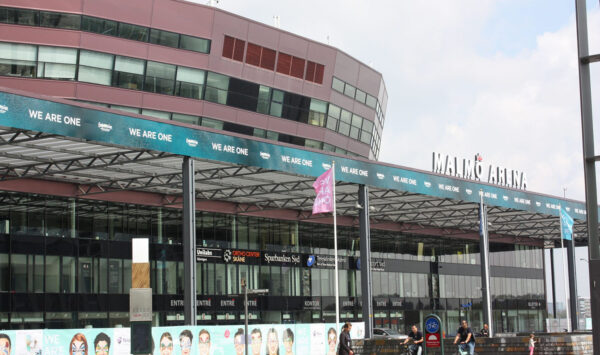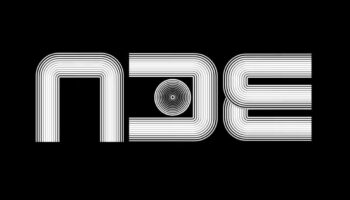It’s been a big year for the Eurovision Song Contest in 2013, and here at ESCToday we’ve put together a handy guide to help you look back at all the biggest events of 2013.
September
September got off to a bang with DR announcing that the Copenhagen would be the host city of the Eurovision Song Contest in 2014.
Copenhagen’s B&W Hallerne fought off competition from three other venues across Denmark to win the right to host the competition, and the venue and the surrounding area will be turned into a Eurovision island in May where delegations, fans and the media can come together.
DR also revealed that the slogan for the 2014 Eurovision Song Contest will be Join us.
Sietse Bakker, the Eurovision Song Contest Event Supervisor, spoke exclusively to ESCToday.com to discuss the growing rumours that some countries had been rigging votes across Europe.
This was followed by some important rule changes that will come into effect for the 2014 contest; from now on all the names of the jury members will be made public a week ahead of the contest, they must be music professionals and they cannot have been in the jury during one of the two previous editions of the contest.
The EBU will also set up a platform where jury members and the public can report any voting irregularities, which will then be examined by officials to detect any potential wrongdoing.
Croatia became the first country to withdraw from the 2014 contest, sighting financial pressure as the primary reason.
October
The list of participants began to grow as the likes of Israel, Lithuania and the United Kingdom confirmed they will be competing in Copehnagen, however October also saw the second country to withdraw.
Cyprus, like Croatia before it, was forced to exit the competition because of financial pressures facing CyBC the Cypriot pubic broadcaster, following budget cuts.
The Danish broadcaster, DR, revealed that a record number of entries had been submitted to compete in the Dansk Melodi Grand Prix 2014, the Danish national final. 872 songs were submitted, compared to the 692 that were submitted in 2013.
China got it’s first taste of the Eurovision Song Contest as CCTV, the Chinese state broadcaster, showed the 2013 edition of the contest in its entirety for the first time, meaning a further 1 billion people could watch Emmelie de Forest’s win in Malmö.
November
The month of November was all about who would and wouldn’t be in Copenhagen for 2014 as the deadline to submit applications loomed on the 22nd.
38 countries submitted applications, including returns for Bosnia & Herzegovina, Portugal and Poland.
Greece was a surprise inclusion on the list as they managed to submit an application despite fears that they would miss out after their public broadcaster was shut down.
Serbia and Bulgaria brought the number of withdrawing countries to four as they both dropped out due to financial problems with their broadcasters.
After many weeks of speculation about who would follow in Anouk’s footsteps to represent the Netherlands The Common Linnets, a duo consisting of Waylon and Ilse DeLange, were announced as the act that will fly the Dutch flag in Copenhagen in 2014.
Montenegro also revealed whom they had internally selected as their representative for the Eurovision Song Contest 2014. Sergej Ćetković became the first solo male to be confirmed for the 2014 contest after was chosen by RTCG, the Montenegrin broadcaster.
December
DR, the Danish Eurovision broadcaster and host broadcaster for 2014, were busy again this month.
Firstly they revealed the final logo and artwork for the Eurovision Song Contest 2014, a blue diamond that symbolises a unifying force of the diversity and wealth of talent that comes to the Eurovision stage each year.
DR then launched their #MyEurovisionIdea campaign, which invites fans from across the world to share on Facebook, Twitter and Instagram what they would like to see on stage next May during the interval acts, and the best ones could even become reality.
The first entries of the Eurovision Song Contest 2014 were chosen in December as Ukraine and Albania hosted national finals.
Ukraine’s national final came on December 21, and was won by Maria Yaremchuk. Her song Tick-tock beat off competition from 19 other entries to become the first song selected for the contest next May.
Albania once again used the prestigious Festivali i Këngës to decide their entry for Eurovision. Hersiana Matmuja was a convincing winner, picking up 69 points in the final, and will now go on to represent Albania with her song Zemërimi i një nate, meaning One night’s anger.
And the year is closing with the announcement of the Armenian representative of the 2014 Eurovision Song Contest.
Happy new year everyone!



